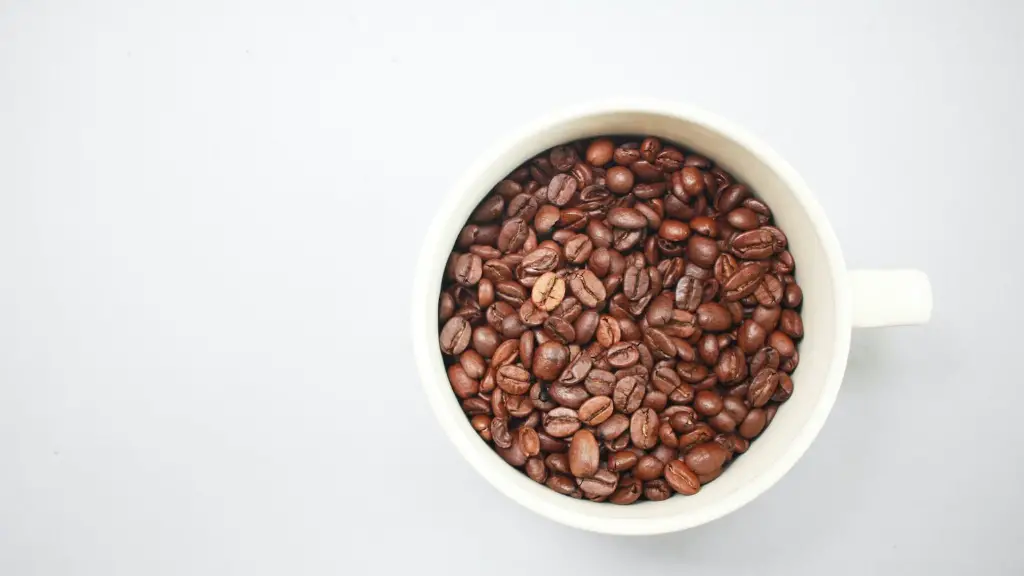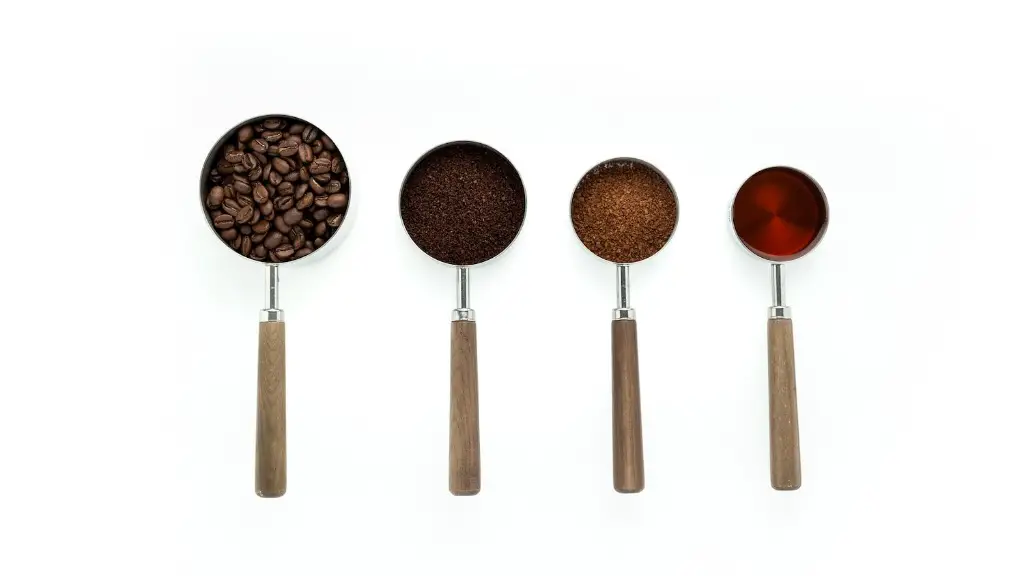When You Should Drink Coffee
Coffee has been consumed for centuries and is one of the most popular drinks in the world. It is well known for its energizing effects and its countless health benefits. But, is there an ideal time for drinking coffee? Let’s take a look.
When it comes to coffee, timing is everything. According to experts, coffee should be consumed between 10am and noon each day. This is generally when people experience the greatest natural arousal and alertness. This is also when coffee’s stimulant effects work the best. Therefore, drinking your cup of joe between 10am and noon can help you achieve optimal performance.
One study conducted by researchers at Harvard University showed that drinking coffee within 1 hour of waking can help regulate your body’s circadian rhythm. This allows you to stay more alert throughout the day. The researchers found that people who consumed coffee within one hour of waking experienced more than double the amount of alertness as opposed to those who didn’t.
In addition, some studies have also shown that drinking 2 to 4 cups of coffee per day can boost your metabolism. This is due to the caffeine content in coffee. Caffeine acts as a stimulant which helps to increase your energy levels and metabolism. It also helps to suppress appetite and burn fat faster.
It is important to note that drinking too much coffee can have adverse effects. Too much caffeine can lead to anxiety, restlessness, headaches, and dehydration. Therefore, it is important to consume it in moderation.
When it comes to choosing the best time to drink coffee, the answer may vary from person to person. Factors such as lifestyle, dietary habits, and individual metabolism should all be taken into account. However, it is generally recommended to drink your coffee between 10am and noon to maximize its energizing and alertness-boosting effects.
Caffeinated Drinks other than coffee
Coffee is by far the most popular caffeinated drink, but it isn’t the only one on the market. There are a variety of other caffeinated drinks available, from energy drinks to tea to soda. These drinks offer similar benefits as coffee, but with a different flavor or added ingredients. Some people actually prefer these options for their added health benefits.
For example, green tea and other herbal teas are often used as an alternative to coffee as they contain lower levels of caffeine and offer more health benefits. They can provide an antioxidant boost, help regulate blood sugar levels and aid in digestion. However, some herbal teas are also known to contain caffeine, so it’s important to read the labels carefully.
Energy drinks are also commonly consumed for an energy boost, but they often contain high amounts of added sugars and other unnatural ingredients. It’s best to avoid these drinks as they can have adverse effects on health. The same goes for soda, which is usually loaded with added sugars.
Overall, it’s important to be aware of each beverage and its caffeine content before consuming it. This will help ensure that you’re not consuming too much caffeine and can help you make a better informed decision.
Benefits of Drinking Coffee
Apart from the alertness-boosting and metabolic benefits, drinking coffee can also offer a variety of other benefits. Studies have shown that coffee consumption can reduce the risk of type 2 diabetes, heart disease, and certain types of cancer. Coffee consumption has also been linked to improved cognitive function, as well as enhanced mood and emotional well-being.
Moreover, drinking coffee can also help you stay productive and motivated. Research has shown that having a cup of coffee in the morning can help prime your brain and jumpstart the day. It can also help to ward off fatigue and promote concentration, making it easier to stay focused and productive.
Coffee can also be used as a social tool. It is a popular beverage for catching up with friends and family, and it can also help to promote meaningful conversations. Having a cup of coffee together can also be a great way to unwind after a stressful day.
Best Practice for Coffee Consumption
When it comes to drinking coffee, the best practice is to consume it in moderation. For adults, this typically means no more than 2-4 cups per day. It is also important to limit your caffeine intake, as too much caffeine can have adverse effects on health. Lastly, it is important to choose the highest quality coffee beans, as this can help enhance the taste and maximize the health benefits.
Using a quality coffee maker or pour-over coffee can also make a huge difference in the taste of your coffee. Many believe that freshly ground coffee yields the best flavor, so investing in a good grinder can make all the difference.
Common Mistakes in Brewing Coffee
Brewing coffee can be a tricky process, and there are a few common mistakes that many make when trying to make the perfect cup. Firstly, many people make the mistake of using too much or too little coffee grounds. Generally, one to two tablespoons per cup of coffee is recommended.
Some also believe that boiling water yields the best flavor, but this is far from the truth. Boiling water can make your coffee weak and tasteless. It is generally recommended to use water that is about 200°F for brewing. Water that is too hot will result in a bitter cup of coffee, while water that is too cold will not extract the full flavor from the coffee grounds.
Lastly, many people make the mistake of skimping on the brewing time. Generally, it is best to brew coffee for around four minutes to ensure that all of the flavor and caffeine are extracted from the coffee grounds. Brewing for too long or too short will result in a cup that is either too weak or too strong.
Know your Coffee
There are numerous coffee varieties on the market, each with its own unique flavor and benefits. It is important to do your research and understand the differences between varieties of coffee. Doing so will help you find the one that best suits your tastes and needs.
For example, blends typically contain two or more types of coffees. These tend to offer a more robust flavor and can be great for everyday drinking. Single-origin coffees are also gaining in popularity, as they offer more unique and subtle flavors. These are also generally higher in quality and can make for a great cup.
Lastly, it is important to do your research on the origins of each variety. This can help you make sure you’re purchasing coffee that is ethically and sustainably sourced.
Conclusion
Coffee is a popular beverage that offers a variety of health benefits. It can help to increase alertness, boost metabolism, and improve cognitive function. However, it is important to drink it in moderation, as too much caffeine can have adverse effects. Drinking coffee between 10am and noon each day can help to maximize its energizing and alertness-boosting benefits. It is also important to know different varieties of coffee and understand the origins of each.





